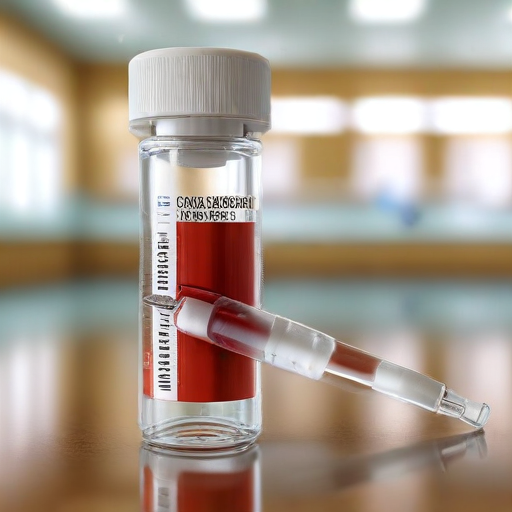The selection of Robert F. Kennedy Jr. to potentially lead the Health and Human Services Department in the incoming Trump Administration has sparked significant discussions surrounding public health, particularly concerning vaccines. Senate Republican Leader Mitch McConnell issued a stern warning to Kennedy following a report in The New York Times detailing the actions of one of Kennedy’s advisers, attorney Aaron Siri, who filed petitions to revoke the approval of the polio vaccine and other immunizations.
McConnell, a polio survivor himself, emphasized the importance of maintaining trust in vaccines, stating that they have saved millions of lives and hold the promise of eradicating diseases. He strongly condemned the efforts to erode public confidence in established medical remedies, labeling such actions as dangerous and uninformed.
The article from The Times focused on Siri’s role with the nonprofit organization Informed Consent Action Network, which filed a petition with the FDA in 2022, questioning the licensure of Sanofi Pasteur’s inactivated polio vaccine, IPOL. Siri defended the petition as a legitimate request for a comprehensive clinical trial before the vaccine’s continued approval.
The report led to renewed criticism of Kennedy from Democratic leaders, who have been vocal about their concerns regarding his association with vaccine skepticism. If confirmed as HHS secretary, Kennedy would wield considerable influence over the FDA and public health policy, including vaccine regulation.
While Kennedy has attempted to distance himself from the “anti-vaccine” label and maintains that he would not endorse a ban on vaccines, he advocates for further research into vaccine safety. Trump has echoed this sentiment, suggesting there might be a need to reevaluate certain vaccines based on claims of rising autism rates, despite a wealth of scientific evidence asserting that vaccines do not cause autism.
The FDA has yet to make a definitive decision on Siri’s petition, which has been pending since it was filed. Additionally, IPOL, the targeted vaccine, is primarily utilized as a travel vaccine for adults, with the CDC endorsing the safety and efficacy of polio vaccinations.
As the political landscape surrounding public health continues to evolve, the discussion brings to light the necessity of balancing public health policy with the pursuit of transparency and safety in vaccine administration. There is potential for constructive dialogue surrounding vaccine safety that could ultimately strengthen public trust in health measures if approached thoughtfully.
This situation underlines the vital importance of evidence-based decision-making in public health, especially in the face of misinformation. Engaging more experts and communities in rational discourse about vaccines may lead to increased awareness and understanding of public health interventions, fostering a more informed society that values scientific consensus.
